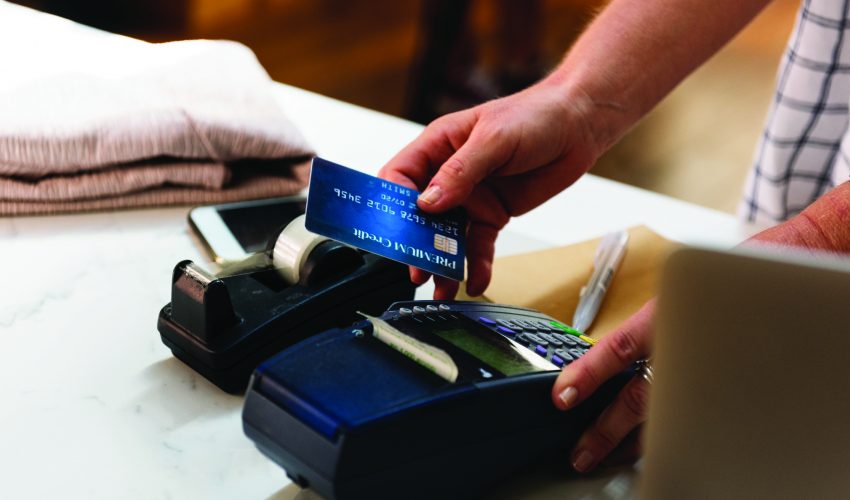FOR IMMEDIATE RELEASE
March 7, 2019
DURING NATIONAL AWARENESS WEEK UTAH AG SHARES FIVE TIPS TO FIGHT FRAUD
SALT LAKE CITY – In observance of National Consumer Protection Week, Utah Attorney General Sean D. Reyes reminded Utah citizens to defend themselves from fraud by observing the following five tips:
“Utah is a very trusting state which is good in many ways unless you trust the wrong person,” said Attorney General Reyes. “President Ronald Reagan often said, “Trust but verify.” One of the most effective ways to immunize yourself from fraud is to verify information before doing business with anyone, even those you know well.”
“The bad news is these cases are so prevalent. The good news is we are perhaps more effective today than ever at fighting scams in Utah. The famous fraudster turned federal agent, Frank Abagnale, has said publicly he has never worked with a better team than the Utah AG Office at fighting fraud, cyber-crimes and identify theft.”
How the Utah Attorney General’s Office Combats Fraud
The Utah Attorney General’s Office and partner agencies are committed to combating fraud and protecting citizens’ rights.
In an age where technology is abundant and quickly evolving, scammers and hackers prey upon unsuspecting people – this costs them time, money, and stress. The Utah Attorney General’s Office is devoted to educating people on how they can protect themselves in an effort to prevent anyone from falling victim to fraudulent situations, and to providing resources and time to directly battling the growing threat of fraud.
In 2016, the Utah Attorney General’s Office launched the White Collar Crime Offender Registry (WCCOR), the nation’s first website that provides consumers with a central database of white-collar offenders. It allows investors to look up white-collar offenders and protect themselves from financial fraud. Since its launch, the WCCOR has been accessed in 119 countries and hosts over 200 offenders convicted in Utah. In the current 2019 Utah Legislative Session, the AG’s Office is working with Senator Curt Bramble on SB234 White Collar Crime Registry which enacts penalties for failure to register.
This last year, the Utah Attorney General’s Office worked alongside the Utah Division of Consumer Protection and 49 other attorneys general to reach a settlement with Wells Fargo after they opened 3.5 million fraudulent bank accounts in consumers’ names without their knowledge or consent. Utah received $10 million in the settlement, which went into the Division of Consumer Protection’s Education Fund.
Attorney General Reyes is fighting big corporate data breaches that can lead to citizen identity theft. He is working with Senator Lyle W. Hillyard and Representative V. Lowry Snow on SB193, which strengthens Utah’s data breach laws. The Utah Attorney General’s Office works closely with the Utah Division of Consumer Protection and other states’ attorneys general to enforce data breach laws and to sanction large corporations that fail to properly secure their customers’ personal information. For example, last year Utah received nearly a million dollars from a settlement with Uber over delayed reporting of a data hack that stole Uber drivers’ license numbers.
Attorney General Reyes announced last year that he joined a bipartisan group of 40 state attorneys general to stop or reduce annoying and harmful robocalls. The coalition is reviewing the technology major telecom companies. The Utah Department of Commerce consistently receives reports from Utah consumers of illegal robocalls. These robocalls often fake caller ID information on phones and pitches student loan debt consolidation, vacation packages, timeshare resales, among other areas. Illegal robocalls and spoofing have cost Americans billions of dollars in fraudulent claims. Attorney General Reyes and the coalition are working to minimize these unwanted robocalls and illegal telemarketing.
The AG’s Office is also home to the Mortgage and Financial Fraud Unit and the Medicaid Fraud Control Unit that investigate and prosecute fraud committed within the State of Utah. Both divisions pursue justice on behalf of the state and victims of fraud and vigorously applies resources toward investigation, prosecution, and financial remedies and recovery.
The Utah Attorney General’s Office encourages all Utahns to participate in National Consumer Protection Week by taking advantage of the resources available, reviewing the ways to safeguard information and finances, and teaching the Five Tips to family and friends.
# # #

